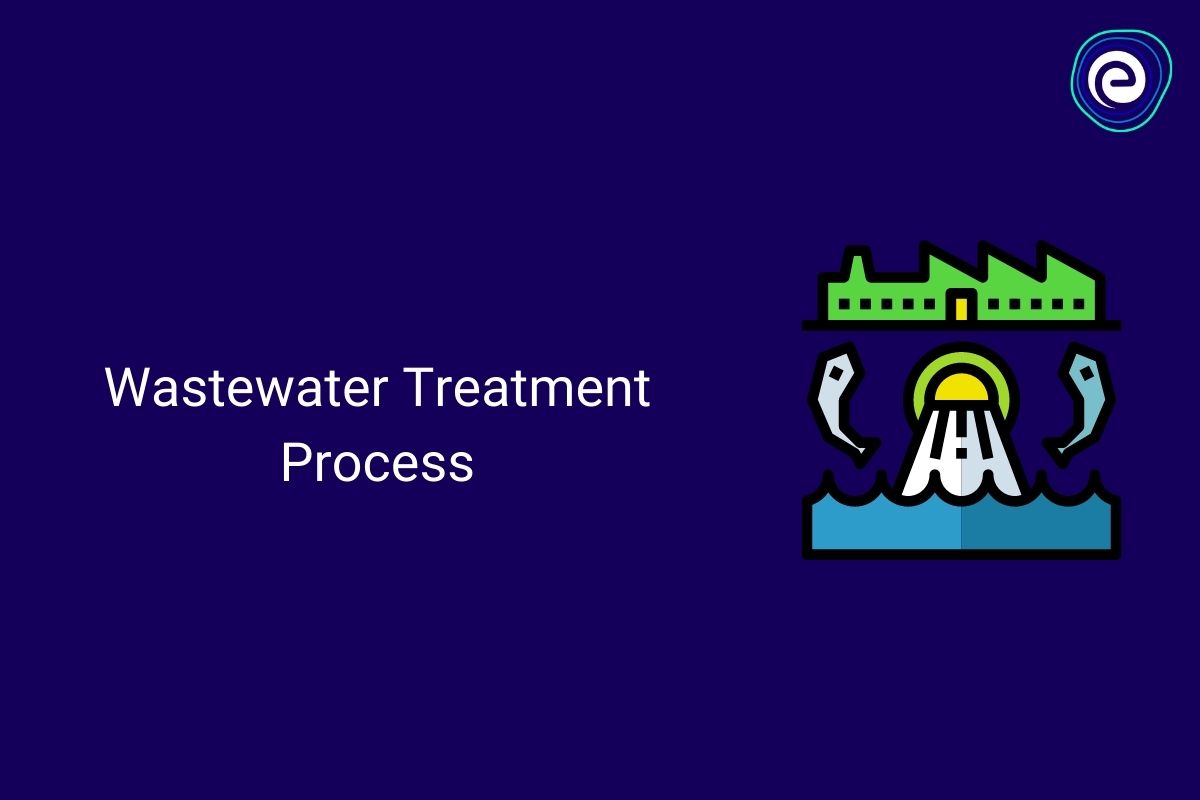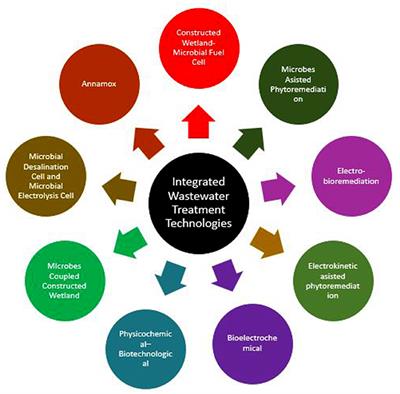
Achieving Social Equity in Wastewater Treatment: A Pathway to Environmental Justice and Public Health
Introduction
Wastewater treatment plays a crucial role in preserving the environment and safeguarding public health. However, it is essential to address social equity in this context to ensure fair distribution of resources, benefits, and burdens in society. This article explores the historical background of wastewater treatment, the key concepts and definitions related to social equity and environmental justice, and the main discussion points surrounding disparities, environmental and health impacts, and policy barriers. Additionally, case studies, current trends, challenges, and future outlook will be examined, emphasizing the importance of collaboration and action in achieving social equity in wastewater treatment.
Historical Background
Over time, wastewater treatment practices have evolved to prioritize environmental protection. However, historical inequalities in access to wastewater treatment have persisted, particularly among marginalized communities. Efforts to address social equity in wastewater treatment have been made, but progress has been slow, necessitating a renewed focus on this issue.
Key Concepts and Definitions
Wastewater treatment involves a series of processes aimed at removing contaminants from wastewater. Social equity refers to the fair distribution of resources, benefits, and burdens in society, while environmental justice focuses on the intersection of social equity and environmental concerns. Understanding these concepts is crucial to comprehending the challenges and opportunities in achieving social equity in wastewater treatment.
Main Discussion Points
Point: Disparities in access to wastewater treatment
Various factors, including income, race, and geographic location, contribute to unequal access to wastewater treatment. Limited access has significant implications for public health and quality of life, as communities without adequate wastewater treatment face increased risks of waterborne diseases and environmental degradation.

Point: Environmental and health impacts of unequal wastewater treatment
Marginalized communities and vulnerable populations disproportionately experience the adverse effects of unequal wastewater treatment, including higher exposure to pollutants and associated health risks. These disparities exacerbate existing social inequities and perpetuate environmental injustices.
Point: Policy and institutional barriers to achieving social equity in wastewater treatment
Limited funding and resources for infrastructure improvements pose significant challenges to achieving social equity in wastewater treatment. Regulatory hurdles and enforcement disparities further hinder progress, along with inadequate community involvement and engagement in decision-making processes.
Case Studies or Examples
Case study: Disparities in wastewater treatment access in an urban area
An examination of an urban area reveals the disparities in access to wastewater treatment among different neighborhoods. Income disparities, racial segregation, and inadequate infrastructure contribute to unequal treatment, highlighting the urgent need for intervention.
Case study: Environmental justice concerns in a rural wastewater treatment facility
In a rural setting, a wastewater treatment facility may disproportionately impact nearby communities, particularly those already facing socio-economic challenges. Addressing these concerns requires a comprehensive approach that considers both environmental sustainability and social equity.

Current Trends or Developments
Emerging technologies and innovations in wastewater treatment are offering promising solutions to enhance efficiency and address social equity concerns. Moreover, stakeholders are increasingly recognizing the importance of incorporating social equity considerations into wastewater treatment planning. Research findings further underscore the intersection between social equity and wastewater treatment, providing insights into effective strategies.
Challenges or Controversies
The pursuit of environmental sustainability in wastewater treatment sometimes conflicts with social equity goals, necessitating careful navigation of trade-offs. Controversies surrounding resource allocation and funding allocation persist, and there are disagreements regarding the responsibility for addressing social equity in wastewater treatment.
Future Outlook
Climate change poses potential challenges to wastewater treatment and social equity, requiring adaptation and resilience strategies. Anticipated advancements in social equity approaches offer hope for progress, but collaboration and partnerships among policymakers, researchers, and communities are vital to effectively address social equity challenges in wastewater treatment.
Conclusion
In conclusion, achieving social equity in wastewater treatment is imperative for environmental justice and public health. Disparities in access, environmental and health impacts, and policy barriers all require immediate attention. By considering case studies, current trends, challenges, and future outlook, it becomes clear that collaboration and concerted action are necessary for policymakers, researchers, and communities to work towards equitable wastewater treatment.




